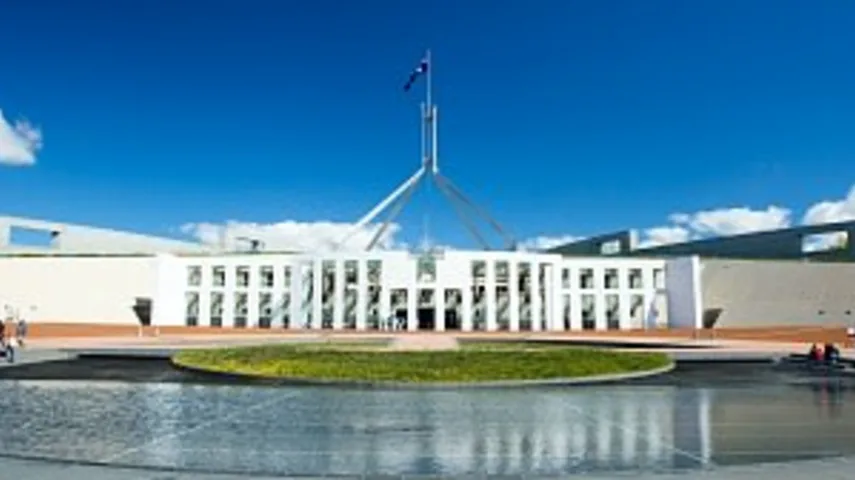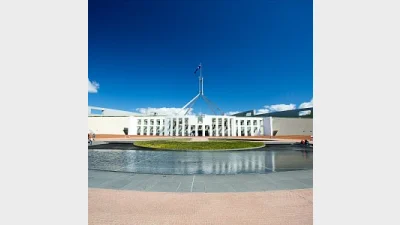Budget 2022: Industry responds to Budget measures



The Association of Superannuation Funds of Australia (ASFA) has welcomed the Federal Budget for making no major changes to superannuation, stating it will deliver stability in the industry.
However, Industry Super Australia (ISA) criticised the Budget for missing an opportunity to address the gender super gap by not paying super on Commonwealth Parental Leave Pay.
The Budget confirmed previously-announced measures, such as the extension of the 50% reduction in superannuation minimum drawdown rates to 30 June, 2023 and the removal of the work test for non-concessional and salary sacrificed contributions for individuals aged 67 to 75.
ASFA CEO, Martin Fahy, said: “There are no major changes to superannuation in tonight’s Budget and the stabilisation of policy settings will contribute to better long-term retirement outcomes and enable consumers to plan for retirement with confidence.”
John Maroney, chief executive at the SMSF Association, said: ““This Budget includes stability of superannuation tax and contribution rules compared with the significant and important reforms to superannuation in last year’s Budget. This simple fact that there were no wholesale changes to the superannuation system is gratifying for an industry that needs a period of stability”.
However, ISA CEO, Bernie Dean, said working mums would be left behind until super was paid on parental leave.
“Working mums are going to keep falling behind until super is paid on parental leave.
“The unpaid super scourge is a $5 billion problem politicians are refusing to fix. It is the workers’ money they should get it when they get their wages.”
This was echoed by the Australian Institute of Superannuation Trustees (AIST) which said women had been left out of the Budget.
“We’re disappointed the Government has failed to take action such as introducing super on paid parental leave, assessing the financial coercion of women using the early release of super scheme in the early days of the pandemic, and more effectively addressing the gender pay gap,” chief executive Eva Scheerlinck said.
Fahy mentioned ASFA had recently conducted research which found that consumers were unequivocal in their desire to save more for their retirement which he believed this Budget would allow them to do.
"The stability in superannuation policy settings in tonight’s Budget is recognition that the superannuation system is effective, sound and sustainable. It is well-placed to deal with economic uncertainty and the challenge of an ageing society,” he said.
“Combined with the legislated move to 12%, more Australians are now on track to be self-funded in their retirement and the fiscal burden of the Age Pension will continue to be among the lowest of our OECD peers.”
Recommended for you
The regulator has fined two super funds for misleading sustainability and investment claims, citing ongoing efforts to curb greenwashing across the sector.
Super funds have extended their winning streak, with balanced options rising 1.3 per cent in October amid broad market optimism.
Introducing a cooling off period in the process of switching super funds or moving money out of the sector could mitigate the potential loss to fraudulent behaviour, the outgoing ASIC Chair said.
Widespread member disengagement is having a detrimental impact on retirement confidence, AMP research has found.









